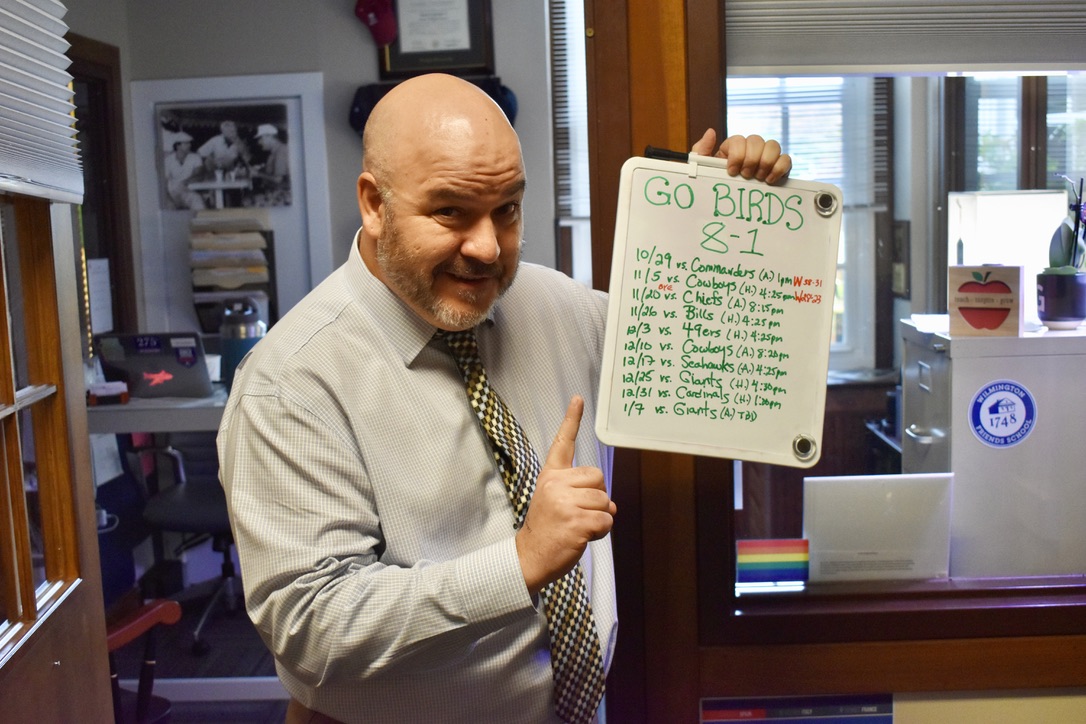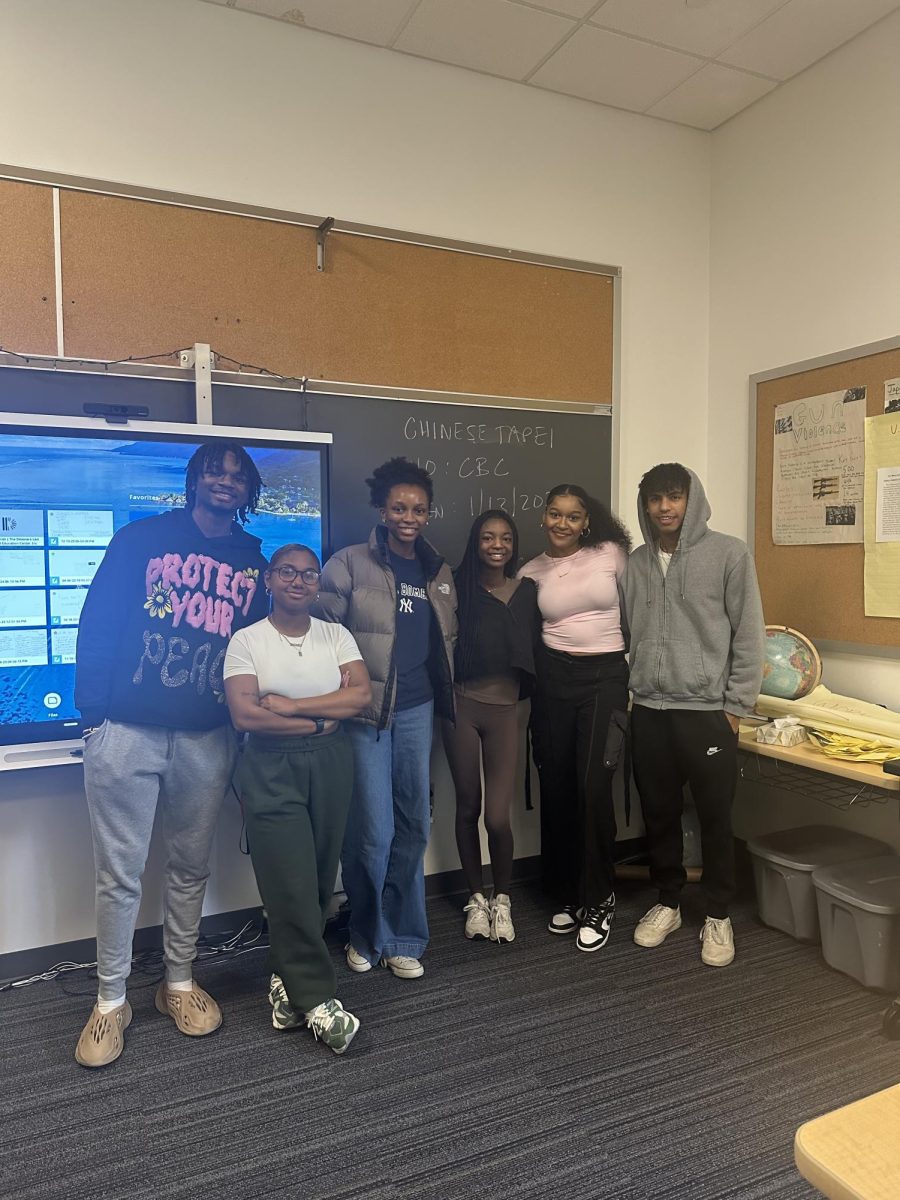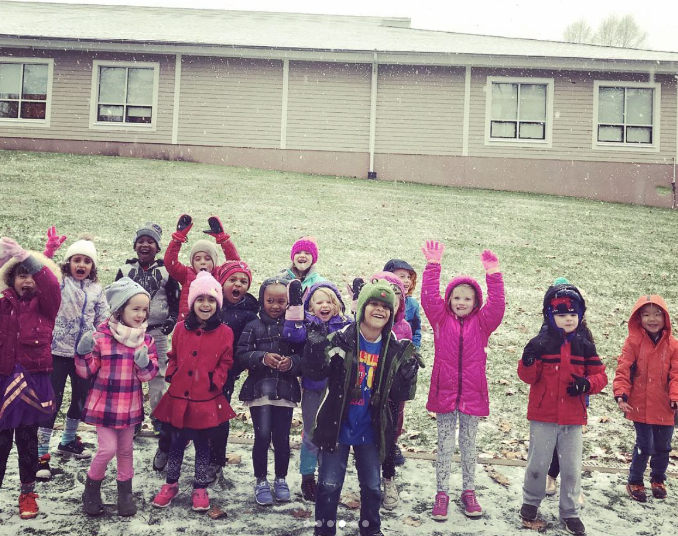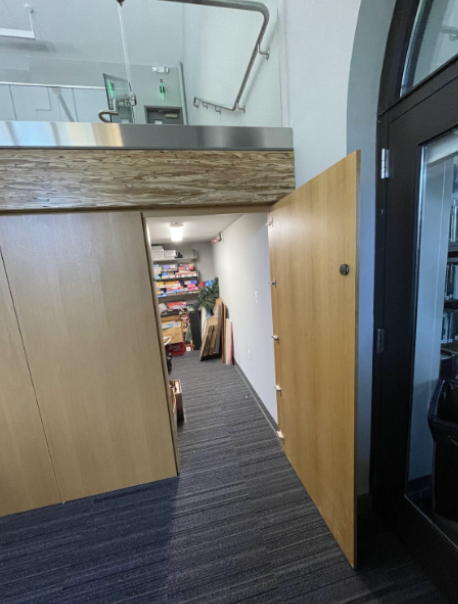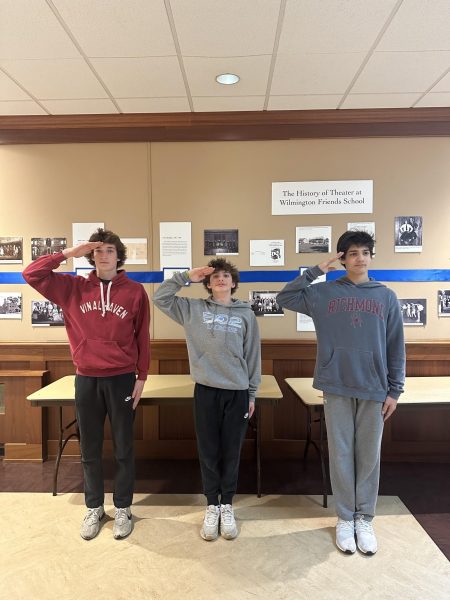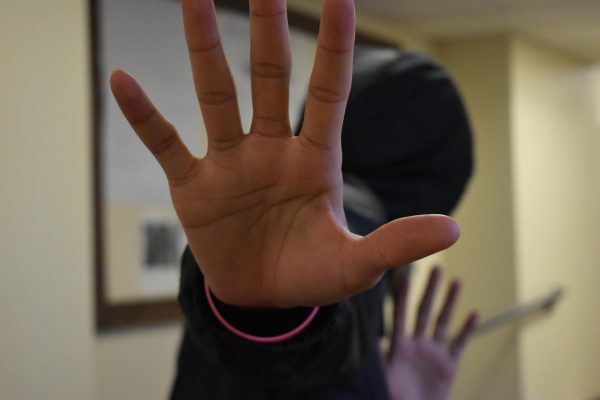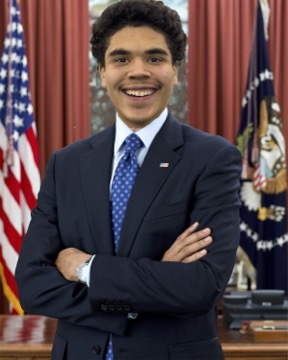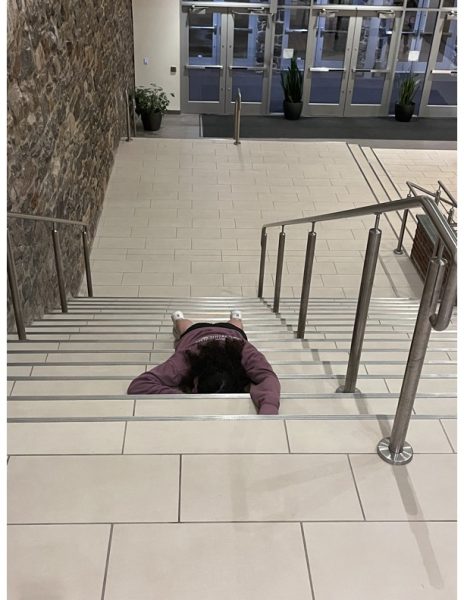What Can We Learn From the Refugee Crisis of 2015?
March Issue: Social Issue
2015 saw the beginning of what has since become the largest migration of peoples since World War II. The bloody civil war in Syria, which has been raging since 2011, has now claimed the lives of over 250,000 people. Daily, the radius of the combat grows, and in 2015 it began forcing millions from their homes. As the estimated four million refugees leave the Middle East and begin arriving in Western Europe and North America, it is sparking controversy, debate, and in some cases violent clashes between the residents of these countries and the newly-arrived immigrants. With the first year behind us, it doesn’t look like the refugee crisis will subside anytime soon. It therefore becomes critical to look back at how it was handled over the course of 2015, and draw any lessons we can.
First we must understand that countries cannot work alone on this issue; there must be some level of international cooperation. With the sheer number of refugees that are pouring out of the Middle East every day, no country can afford to singlehandedly take them in. We have seen how burdened Germany felt after Chancellor Merkel agreed to take in anyone who made it to the German border, a measure which no country adopted. One million refugees later, there seemed to be no end to those clamoring to enter Germany. If France and the United Kingdom had taken in the same amount of people, it is estimated there would still be a million asylum seekers with nowhere to go. It is clear that the scale of this crisis is enormous, and it can only ultimately be resolved by a coordinated effort between many countries.
The Syrian migration issue must be viewed as a human rights issue. While politicians in many Western countries have sought to classify the current refugee crisis as anything but, migrants are fleeing the Middle East due to the way their country treats them. In Syria today there is violent discrimination, and war between ethnic and religious groups. With incessant bombing there is no ready access to shelter, food, and other basic needs for many residents. The majority of these migrants are escaping dangerous environments. It is true that there is an upsurge of immigrants who are opportunists. Many flee their country merely in search of a better life in Europe or North America. This, however, does not make it acceptable to characterize all of those arriving from the Middle East in this way. Making this mistake will cause those refugees, whose lives depend on their ability to escape their unsafe region, to be denied access to basic human rights. In the coming years, we need to recognize these people as refugees and not simply as opportunistic immigrants, as human lives depend on it.
Finally, we need to determine a long term plan. One question that often comes up in the refugee debate is: what will happen to the newly arrived immigrants? This is an important question to ask, as immigrants should not become charges of their new home state. Many of them want to become productive members of the society they are joining. In order to ensure they do so, they must be properly integrated. It is of paramount importance, therefore, that there are measures taken that educate and employ these migrants from day one. This could mean that, like in Germany, there are language classes and proof of active job search requirements in order to collect government welfare. The institutions and integration projects that are the most effective have yet to be found. In looking at Europe over the next few years, we will be able to more clearly see what works, and what doesn’t. In future years, the most sustainable solution can therefore be used by those countries that accept immigrants.
It is of huge importance that we, as Americans, learn these lessons, because this refugee problem is not something that will simply go away tomorrow. As the leader of the free world, the United States needs to come up with a way to respond to the crisis, not just ignore that it is happening. To this day there are tens of thousands unfortunate people who are risking their lives and leaving their homes every day. They do this in order to get to places where they can settle down without the constant fear that they may be killed or oppressed. I believe that discovering the role these people will play in our society will be one of the most important projects of the 21st century.





